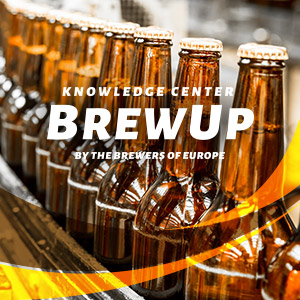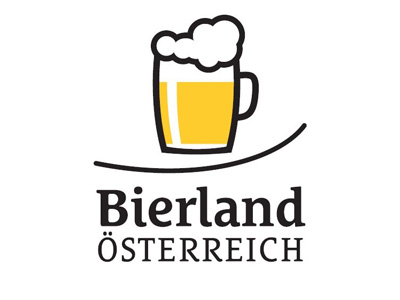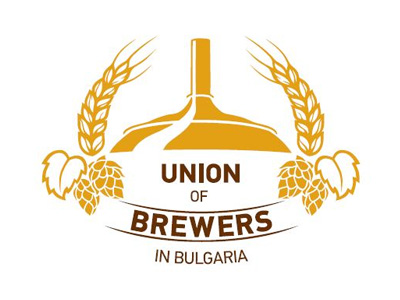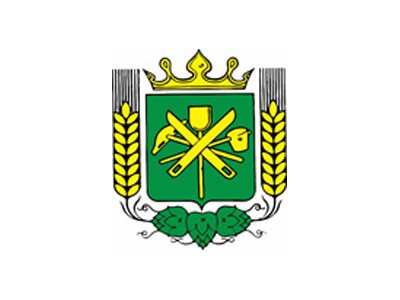
Beer Connects Europe with the World
- advocate
- 31/12/2016
- 2477
- Contribution to the economy
This study researches and analyses the trend and significance of global trade and investment patterns by the EU brewing sector since the 1990s, when the formation of EU contributed significantly to liberalisation in the global trade system. It identifies and establishes important contributing factors to the past and emerging trends such as trade liberalisation agreements, urbanisation, logistics and communications, supply chains efficiencies, consumption patterns and so on. It provides strategic insights on the future of the EU brewing sector in identifying trade strategies to maintain global competitiveness and to open new markets.
Facts at a glance
- There are now around 7,500 breweries in the EU, double the number in 2010 and with over 1500 breweries opening since 2013.
- Over the 20 years between 1993 to 2012, the trading ties of EU28 countries extend to 123 countries outside of the EU.
- EU 28 member countries are among the top 3 import partners of 97 countries outside of the EU.
- Between 1993 and 2012, a total of 830 million hectolitres of beer, with an equivalent value of about 80 billion US dollars, was traded around the world excluding intra EU trade. Trading between the world and EU28 accounted for 40% thereof representing around 330 million hectoliters, or 30 billion US dollars.
- Annual traded quantity around the world has more than tripled in 20 years, from 17 million hectolitres in 1993 to close to 70 million hectolitres in 2012, with an average annual growth of 8%.
Beer Connects Europe with the World
The importance of the European brewing sector in European trade with the rest of the world is demonstrated by the central position and structural connectedness of European brewers for both trade and investment.
Beer-related trade and investment do not only represent an economic exchange, but more importantly an exchange of culture and prestige. Therefore the global beer network can be a good indicator of the openness of countries in facilitating knowledge, people and investment flows. The European brewers are powerful world players leading the way in investing into emerging markets, contributing to growth and prosperity for both Europe and the third countries.
European Brewers are Global Brewers
Beer connects Europe with the World
As of 2016, the EU is home to around 7500 breweries accounting for almost half of the world total and boasts a history of brewing culture and heritage that dates back thousands of years.
Over the 20 years between 1993 to 2012, the trading ties of EU brewers have grown to 123 countries outside of EU. Furthermore, the EU countries are among the top three import partners of no less than 97 countries outside of the EU.
The EU is also home to the headquarters of the world’s largest brewing companies. These Europe-based multinationals play a leading role in European investment in emerging markets in Africa, Asia-Pacific as well as Latin America.
Importance of third countries
Over the past two decades, there have been major global transformations with significant impact on the consumption patterns of beer.
European-based brewers are now focusing on trends in the emerging markets: income growth, positive demographics and urbanisation.
As the European brewers demonstrate, the continued prosperity of the EU depends on connecting to the growth of developing countries and therefore it is ever more important for policy makers and business leaders to understand the dynamics and interplay of the global changes.
EU Brewing Sector Contributes to Europe 2020 Growth Strategy
Importance of an open and transparent global trading system
The EU brewing sector has grown exponentially with the EU internal market and supports the EU’s commitment to further developing the internal market.
Going forward, the continued success of the EU brewing sector relies on the EU connecting its internal market to the rest of the world.
The EU brewing sector has benefitted from the EU trade policy of liberalisation and opening new markets, and vice versa, the open and global nature of the EU brewing sector contributes to the EU policy agenda of remaining an open and transparent economy.
Focus on sustainable development for future growth strategies
European brewers are major investors in emerging countries. Beer is not just traded; European brewers commonly invest in local production with locally sourced raw materials for local brands. This contributes directly to development and prosperity in emerging countries: through employment, investment in infrastructure, improving supply chain management, and commitment to sustainability through supplier and human rights codes, adhering to global standards.
Further growth both within and outside of EU will very much rely on continued trade liberalisation measures, strengthening economic relations as well as supportive legislative and governance frameworks that enable the sustainable development of the whole supply chain covering issues ranging from employment, taxation, sustainable production and consumption, to environmental policy, food safety and food security.
Breweries in Every EU28 Countries – Resilience and Entrepreneurship
The European brewing sector is increasingly vibrant. This is reflected in the growth of small and medium sized brewers in the EU as well as innovation within the category by small and big brewers alike.
New styles of beer and flavours are constantly introduced. Low and zero % alcohol beers is also a growing trend, allowing consumers to enjoy beer at different moments.
Distribution of breweries in EU28 (location shown in registered towns and cities). There are now around 7,500 breweries, doubling the number in 2010. The European brewing sector has demonstrated its resilience, entrepreneurship and global leadership and will continue to innovate and lead the global beer development in the future!
Beer Connects Europe with the World poster 1
This Poster shows how beer connects Europe with the world on the trade scene.
Beer Connects Europe with the World poster 2
This Poster shows how beer connects Europe with the world on the trade scene.










